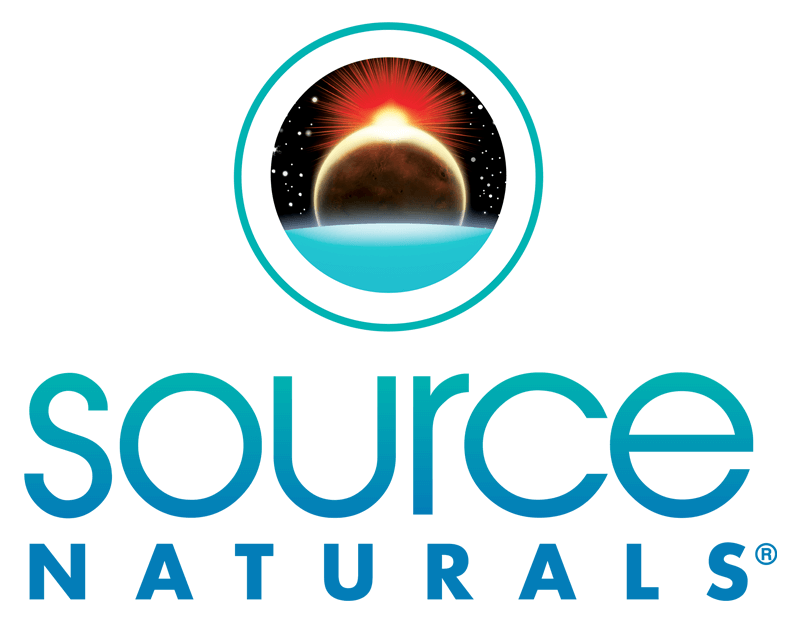
You may know about umami, the delicious flavor quality described as "savory." It’s created by glutamate, a compound that occurs naturally in many foods. When food manufacturers add the concentrated crystalline form (monosodium glutamate, or MSG) to their products, the taste is so compelling that you’ll want more—so much, in fact, that the additive could be a potential health threat.
MSG: Too Much of a Good Thing
Savory flavor is great-but beware the chemical sleight-of-hand in packaged foods. One of a number of common food additives meant to enhance flavor, MSG is in 95% of all processed foods. It’s a cheap and easy way for manufacturers to make their products irresistible to our taste buds, whether or not they had any flavor (or nutrients) at all to start with.
Small amounts of glutamate occur naturally in many foods, such as mushrooms, whole grains, meats, nuts, cheese, seaweed, and carrots, among others. It’s broken down during digestion and assimilated slowly by your body.
Glutamate is also one of your body’s most abundant neurotransmitters. It stimulates (or excites) brain cells in order to communicate messages. In too-high concentrations, however, glutamate becomes an excitotoxin-it over-stimulates cells to exhaustion, damage, and even cell death.
Chemically, there’s no difference between the natural and synthesized versions; it’s the amount that makes the difference between taste and toxicity. The added MSG in processed foods is refined and concentrated, so it’s not digested along with other nutrients from whole foods. Instead, the MSG is absorbed directly from the mouth to the brain, with a potentially much more powerful excitotoxic effect-especially for sensitive individuals.
Quantity and Sensitivity
Although food manufacturers-and the FDA-insist that MSG is safe, its use remains controversial. Some people may be sensitive to high levels of glutamate, especially if their blood-brain barrier (the brain’s biological defense against toxins) has been weakened by diabetes, aging, hypertension, head injury, or even pesticide exposure.
Researchers have demonstrated that glutamate can cross the blood-brain barrier and the placenta. Many experts believe that children are more susceptible to excitotoxin damage than adults, since their growing brains and developing nervous systems are more sensitive to environmental contaminants of all kinds.
MSG has been linked in some studies to migraines, seizures, ADD/ADHD, heart palpitations, tremors, stomach cramping, and other health symptoms.
In his book, Excitotoxins: The Taste That Kills, Russell Blaylock, MD, makes the case that it’s the steady high-level stream of excitotoxins like MSG in daily food and drink that causes problems. Nerve cells can survive some exposure yet still be damaged. Resistance varies by individual; he claims that you’re at higher risk for a reaction to excitotoxins if you have a weakened immune system or a consistently bad diet.
And that’s the issue: The amount of hidden MSG in processed foods means you can ingest much more than you know-enough, perhaps, to damage or destroy the precious nerve cells in your brain.
Subtract the Added MSG from Your Diet
If you’re generally healthy, eat a balanced diet, and don’t have a particular sensitivity, eating some MSG now and then probably isn’t a big problem. But if you’ve been eating a lot of processed foods, your body surely needs a break so it can repair the insidious damage wrought by high excitotoxin levels. To start:
- Choose fresh, whole foods instead of processed foods in a package.
- Increase your intake of the nutrients that the body uses to repair its neural connections, especially vitamins A, C, and E, as well as flavonoids, coenzyme Q10, acetyl L-carnitine, taurine, lecithin, and alpha lipoic acid. Green leafy veggies like spinach are a great source of many of these nutrients; high-quality supplements are also a good choice.
- If you reach for any processed food, read the label. MSG has more than 40 aliases used on food labels, so it’s not easy to spot. Some common ones:
- Hydrolyzed anything (like hydrolyzed vegetable protein)
- Autolyzed yeast or yeast extract
- Plant, soy, or whey protein extracts or concentrates
- Calcium or sodium caseinate
- Enzymes
- Accent or Ajinomoto (trade names)
- MSG can also be in "natural flavorings", "natural seasonings", or even "spices"
Don’t Fear Umami
There’s no reason to shy away from the delicious savory sensation of umami in real food. But by choosing whole foods—or paying attention to the label if you choose packaged foods-you’ll be able to avoid the hidden concentrations of glutamate that can quickly turn a good thing bad.
Resources
These resources informed this article-check them out to dig deeper into what MSG is, how it works on your body, and how you can avoid hidden MSG in your food.
AmericanNutritionAssociation.com, “Review of Excitotoxins: The Taste That Kills by Russell L. Blaylock,” NOHA NEWS, Winter 1995. Accessed Apr. 10, 2017.
David Andrews, “Synthetic Ingredients in Natural Flavors and Natural Flavors in Artificial Flavors,” EWG.org. Accessed Apr. 10, 2017.
Katherine Zeratsky, RD, LD, “What Is MSG? Is It Bad for You?” MayoClinic.org, Mar. 13, 2015. Accessed Apr. 11, 2017.
Matthew Solan, “Excitotoxins,” ExperienceLife.com, March-April 2003. Accessed Apr. 10, 2017.
Natasha Geiling, “It's the Umami, Stupid. Why the Truth About MSG Is So Easy to Swallow,” Smithsonian.com, Nov. 3, 2013. Accessed Apr. 11, 2017.
RealFoodWholeHealth.com, “Excitotoxins, MSG, and Its Hidden Names,” May 18, 2011. Accessed Apr. 11, 2017.
Sally Fallon Morell, “Dirty Secrets of the Food Processing Industry,” WestonAPrice.org, Dec. 26, 2005. Accessed Apr. 10, 2017.
Wikipedia.com, “Glutamic Acid” and “Glutamate.” Accessed Apr 10, 2017.









